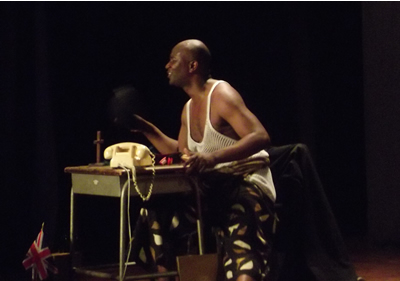Questioning Mugabe’s legacy
Tuesday, May 3rd, 2011 by Bev ClarkFeedback from a Kubatana subscriber in response to a recent blog from Upenyu:
Mugabe is a freedom fighter leader where democracy is a non-event. Strategy to win the war is mainly by sabotage and by any means possible. Plans are done secretly and the focus is only fixed on winning the war. The politics of freedom fighters are narrowed down and centred on few individuals considered brave and shrewd with charismatic characters.
With Mugabe in particular, being eloquent in English, even though with limited vision, he became a star among less educated freedom fighters, now the war vets. Come independence in 1980, the world expected him to shift his leadership style from freedom fighter leadership to democratic leadership. This paradigm shift was a bit heavy on his shoulders. The concept of ‘how difficult to train an old dog some new tricks’, applied. The same dirty tricks they used during the war are still the same they are using to stay in power today, whatever cost.
An independent nation must reflect a high degree of freedom (emancipation and sovereignty of the people). This stage requires dynamic leadership and this is lacking in Mugabe.
A dynamic leader needs to have a full range of appreciation of all the basic tenets of governance. These include modern politics, economics, technology, environment, globalisation and social justice. He/she works for not more than ten years as a president and retires from office.
To conclude, according to my own opinion Mugabe has no legacy to leave behind expect that of poor leadership.
Use Anuacho as my name if you wish to publish this. In Zimbabwe there is no freedom of expression. We are not yet independent as a nation.










